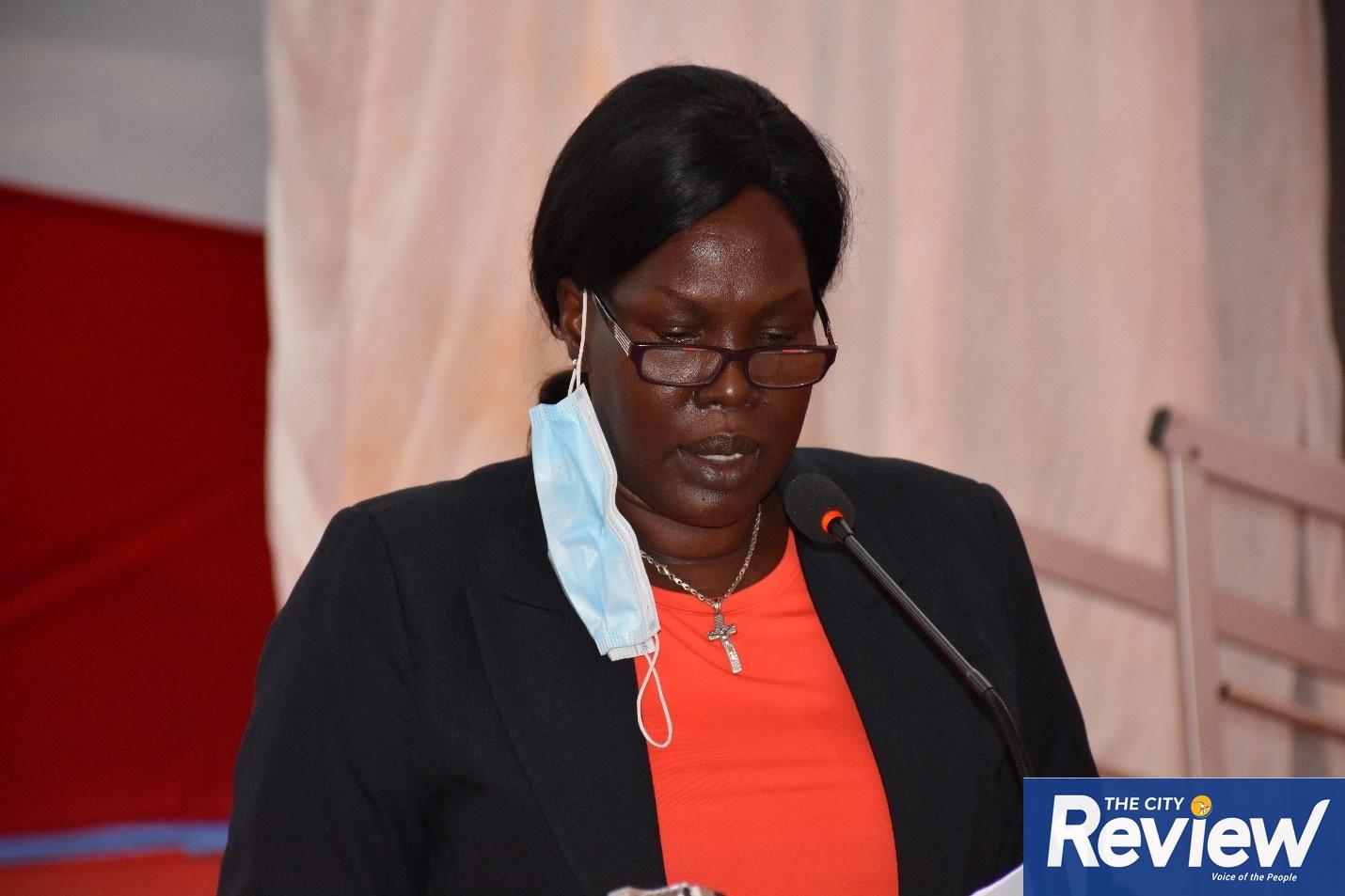Africa-Press – South-Sudan. The committee on finance and planning at the Transitional National Legislature has directed the ministry of health to pay its share of co-financing to the health partners in order to meet its obligation on vaccination against Hepatitis B and A, malaria and pneumonia for under 5-year-old children, EP1 (GAVI) and Treatment of HIV/AIDs (ARVs/ART)
The instructions was issued on Thursday during the presentation of the third reading report of the fiscal year 2021/2022 in Juba. However, the budget that was deliberated upon was already spent.
The financial year (FY) 2021-2022 preliminary indicative ceiling indicates that the ministry of health was given SSP27,575,519,918 as the proposed expenses. The wages and salaries indicated SSP1,379,072,757, the use of goods and services SSP6,131,698,235, capital was SSP13,209,869,729, transfers SSP6,854,879,197, and other expenditures were zero.
The FY 2021 -2022 showed that the HIV/AIDS Commission was given wages and salaries of SSP32,614,638, used of goods and services of SSP19,819866, and no amounts for capital, transfer, or expenditures, but that the proposed expenses were to be covered by SSP52,434,504
Peter Ahook Otto, a member of the health committee at the Transitional National Legislature, said the budget is only left with three months to end and that there is a need to pay for the vaccines and for the government to also look into non-communicable diseases.
“Ministry of Health has a lot and we hope the budget will increase next time to the agreement in Abuja in 2021, where the budget of health should be 15 per cent in all the countries. This will a little bit raise expenditure and will enable us to do a lot, “he said.
He said this year’s budget was better than last year’s. Otto said there was a need for the ministry of health to pay the commission of HIV/AIDS to procure drugs for the people living with HIV/AIDS.
“We are supposed to pay some of the co-sharing; we are not paying it and yet the number of organisations that are helping us is decreasing and yet the HIV prevalence is increasing,” Otto said.
For More News And Analysis About South-Sudan Follow Africa-Press






